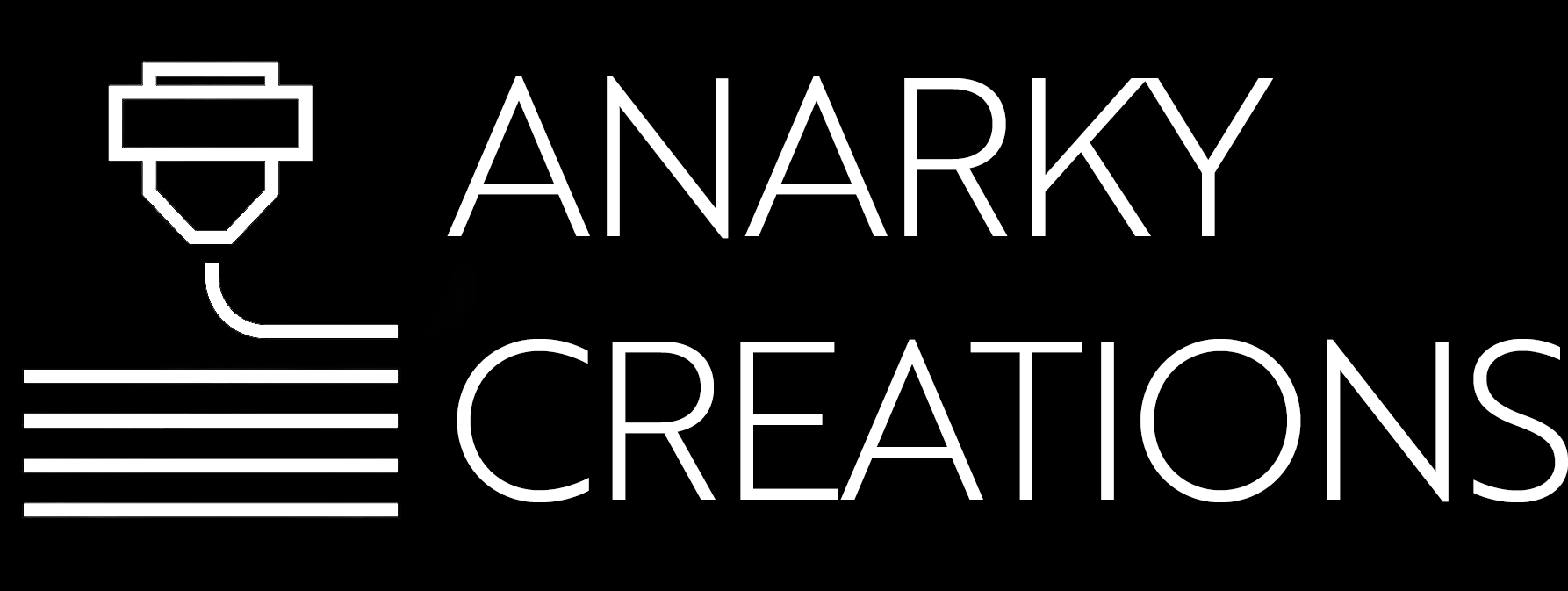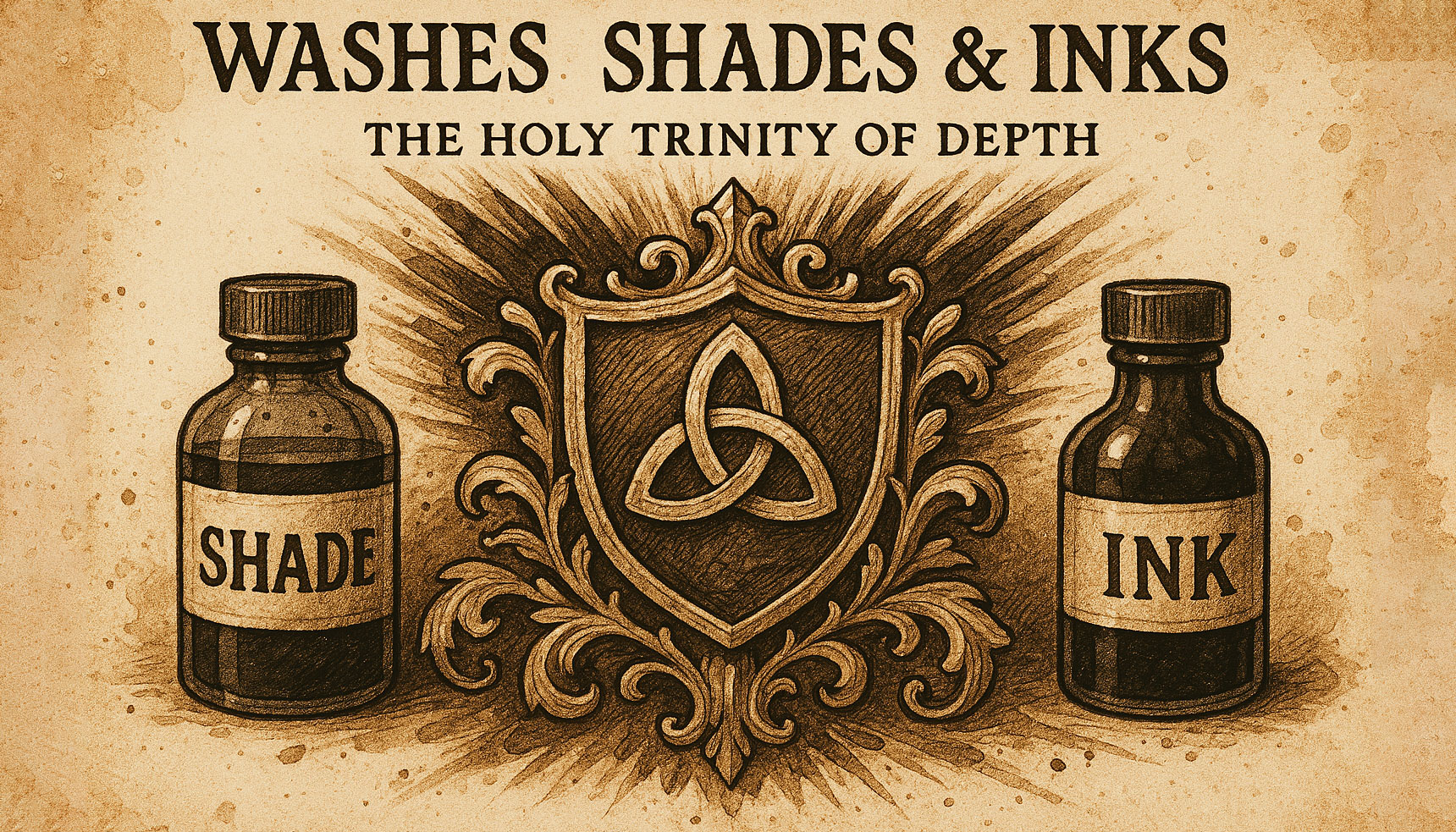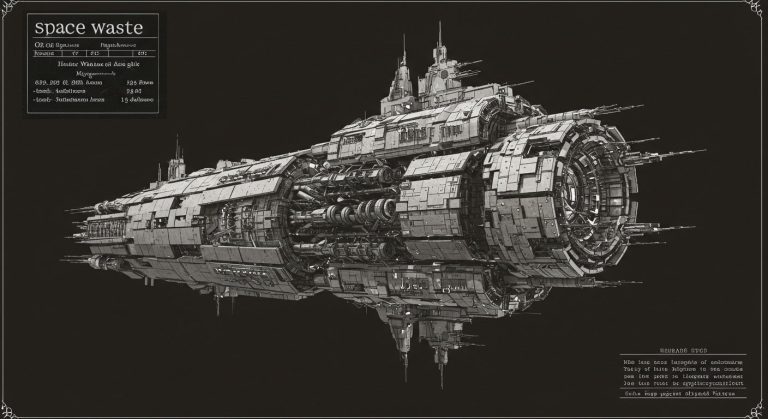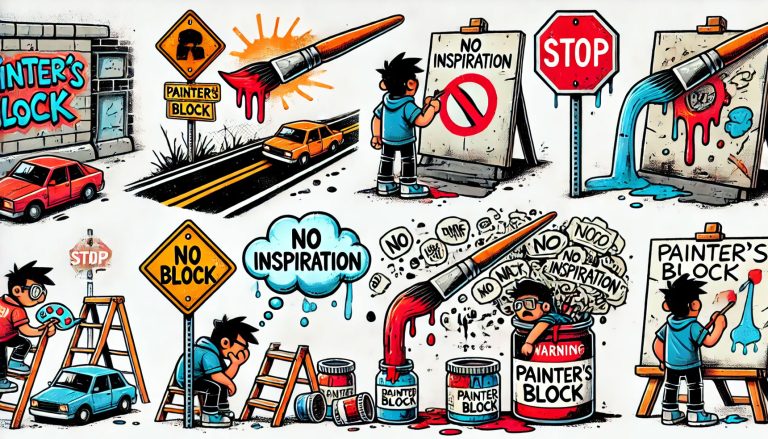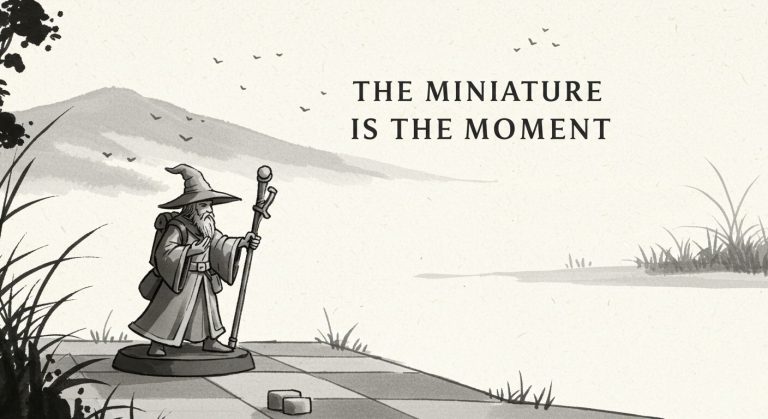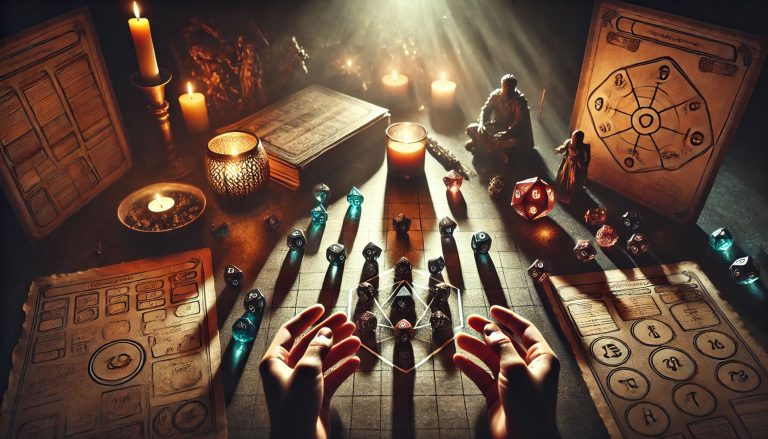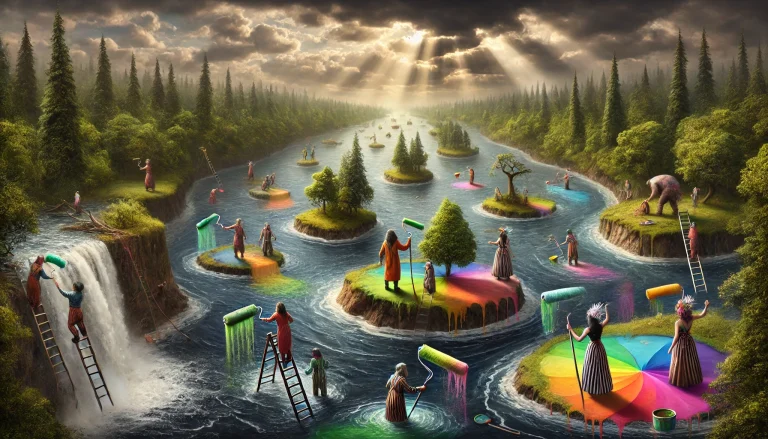Washes Shades & Inks: The Holy Trinity of Depth
If you’ve ever caught yourself squinting at a freshly base-coated model and muttering “it’s just missing something,” welcome to the club. Depth, definition, drama – that’s what separates a flat, lifeless miniature from a table-ready stunner. And that’s where washes, shades, and inks come charging in, brushes blazing.
These aren’t just fancy names for slightly watery paint. They each play a unique role in your painting toolkit, and once you understand their quirks, they’ll quickly become your new best mates at the painting desk – right next to your weathered drybrush and that pot of Nuln Oil you definitely didn’t knock over last week (we’ve all been there).
Washes: The Lazy Genius’ Shortcut to Detail
Washes are like the espresso shot of the painting world – quick, effective, and deeply satisfying. They’re designed to flow into every nook and cranny of your miniature, instantly adding shadows and definition without you having to think too hard. Slap it on, let it dry, and suddenly your model has depth where previously there was only a sad blob of flat colour.
Washy Behaviour:
- Think tea, not soup – super thin and runny
- Semi-transparent, letting your basecoat peek through
- Does its best work in recesses and textured bits
- Makes details pop with zero effort
- Great for batch painting or tabletop-ready models
Fan Favourites: Citadel’s Nuln Oil and Agrax Earthshade. If these aren’t already on your desk, you’re either brand new or very brave.
Shades: Washes With Intent
Now we’re getting fancy. Shades are a bit more pigmented, a bit thicker, and a bit more targeted. They give you a stronger shadow effect and help you control where your colour transitions go. Less slapping on, more thoughtful application. Think of them as the grown-up sibling of the humble wash.
Shade Science:
- Richer in colour, slightly thicker in body
- More dramatic tonal shifts than standard washes
- Ideal for pinpoint shading or more nuanced models
- Adds real contrast without muddying everything up
- Especially handy for those hero models and centrepieces
Where a wash gives you speed, a shade gives you control – and sometimes, that’s exactly what your Sorcerer Lord or custom Dragonborn rogue demands.
Inks: Chaos in a Bottle (In the Best Way)
Inks are intense. They’re the rockstars of this trio – loud, vibrant, and occasionally a bit unpredictable if you’re not paying attention. They’re packed with pigment and can take your colour saturation from zero to warp speed in a single layer.
Ink Tactics:
- Bold, bright, and highly pigmented
- Great for punchy colour transitions or glowing effects
- Often used for glazing, especially with a medium
- Can tint, enrich, or completely transform a base colour
- Best used with care – these are powerful tools
Used well, inks create effects that’ll make people ask, “How did you do that?” Used recklessly, they can drown your model in colour like a Skaven caught in a pot of warpstone soup. Test first. Always test.
When to Reach for What
Let’s break it down. Here’s your tactical guide for when to pick up each technique:
| Situation | Wash | Shade | Ink |
| Speed painting an army? | ✅ | 🚫 | 🚫 |
| Adding quick depth to terrain? | ✅ | 🚫 | 🚫 |
| Painting a character model with loads of texture? | ✅ | ✅ | 🚫 |
| Creating glowing plasma coils or enchanted swords? | 🚫 | ✅ | ✅ |
| Glazing for smooth blends or a candy coat effect? | 🚫 | 🚫 | ✅ |
No gatekeeping here – try them all and see what clicks. Miniature painting is half technique, half experimentation.
Tips from the Hobby Trenches
- Always thin your washes, shades, and inks with water or medium – less is often more.
- Test on a spare bit of plastic or an old mini. We all have a box of shame for this exact reason.
- Multiple thin layers = better control and smoother results.
- Clean your brushes after each use – washes and inks can cling like a Chaos Spawn in a thunderstorm.
- Don’t feel tied to one brand – try a few and find your favourites.
What’s in the Toolkit?
If you’re not sure where to start, here’s a solid base lineup:
Washes 🖌
- Citadel (Nuln Oil, Agrax Earthshade)
- Army Painter Quickshade Washes
Shades 🖌
- Scale75 Inktensity (yep, slightly confusing name)
- Vallejo Game Colour Washes
Inks 🖌
- Liquitex Acrylic Inks
- Daler Rowney FW Inks
- Games Workshop Contrast (they’re kinda inks in disguise)
Final Thoughts: Don’t Just Paint – Play
Whether you’re painting a squad of grimdark Space Marines or a whimsical D&D party, understanding how to wield washes, shades, and inks is like unlocking cheat codes for contrast and clarity. Try a wash over metallics. Layer a shade into shadowed folds. Glaze an ink over white to create an otherworldly hue. The rules are there as a guide, not a prison. Get messy. Experiment. Learn what you like.
Because at the end of the day, this is your hobby – and the only real mistake is not enjoying it.
